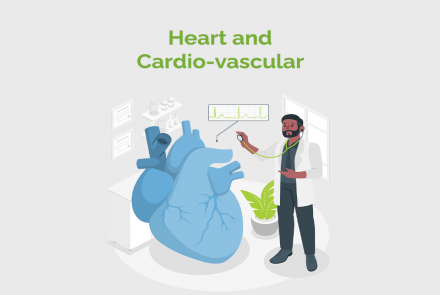Hypertension, High Blood Pressure, High Cholesterol, Heart Failure, Heart Disease, Cardiac Arrest, Heart Attack, Obesity, Arrhythmia, Pulmonary Hypertension and more
Join the forum, share your experiences, ask your questions

Hypertension, High Blood Pressure, High Cholesterol, Heart Failure, Heart Disease, Cardiac Arrest, Heart Attack, Obesity, Arrhythmia, Pulmonary Hypertension and more
Join the forum, share your experiences, ask your questions